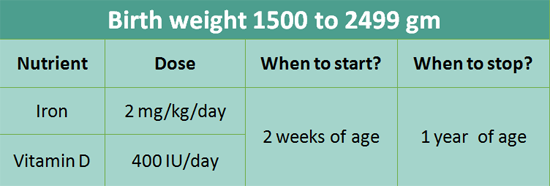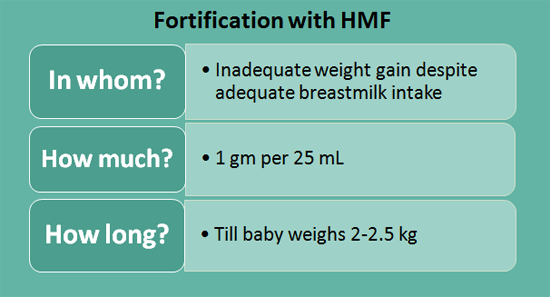What to feed a LBW infant?
- Introduction...
- 1. What to feed?...
- 2. Breast milk fee...
- 3. Supplements-01...
- 4. Supplements-02...
- 5. Supplements in ...
- 6. Feeding in spec...
- 7. Mother with HIV...
- 8. Mother with act...
 |
 |
Introduction
DR. M JEEVA SANKAR
MD, DM (Neonatology)
Assistant Professor
Department of Pediatrics
All India Institute of Medical Sciences
New Delhi
1. What to feed?
► Breastmilk is the ideal feed for all infants
► All LBW infants should be fed mother’s own milk
♦ Direct BF or expressed milk
2. Breast milk feeding: How to improve?
► Psychological and social support of mothers from birth
► Admit mother; encourage bedding-in or visit to SNCU
► Kangaroo Mother Care
► Expression of milk from day 1
► Adequate nutrition and rest of mother
3. Supplements-01

4. Supplements-02

5. Supplements in <1500 g

6. Feeding in special situations
► If mother’s milk is not available, the choices in order of
preference:
♦ Expressed donor milk (if milk banking is available)
♦ Infant formula (standard/ pre-term formula)
♦ Animal milk - Avoid in preterm babies
7. Mother with HIV
► Exclusive breastfeeds till 6 months
► Top feeds only if
♦ Mother died/ has terminal illness or decides not to
breastfeed despite counseling
♦ AFASS criteria to be met

8. Mother with active pulmonary TB

